ICBF and Teagasc are proud to announce that we will be officially launching C.O.W. (Cow’s Own Worth) on next Tuesday 31st October 2017. The C.O.W. is a new on-line support tool that instantly ranks dairy cows on their expected future profit potential based on the most up-to-date information available. Farmers can quickly identify under-performing cows and choose cull candidates and keep the most profitable cows in the herd. This has the potential to improve herd profitability.
The C.O.W. was developed by Teagasc Moorepark and is now commercially implemented by the ICBF as a new profile page available as part of the HerdPlus package. There is no additional cost for this service. The C.O.W. ranks all eligible dairy females within the herd instantly. All cows are ranked from highest to lowest in expected profit potential for the remaining lifetime. The C.O.W. profile will be available through HerdPlus for dairy herds that are;
- Spring-calving
- Currently milk recording
- Some data recording on fertility and health events (e.g. inseminations/natural serves or pregnancy scans, lameness and mastitis).
Why do herds have to meet these criteria?
Spring-calving; The C.O.W. ranks cows highest to lowest expected profit by bench marking cows off early spring calving dates. Cows calving later have a substantial economic impact in spring calving systems where cows are managed to calve at a time to coincide with grass growth. Autumn calving cows cannot be bench marked off this current system as they will not be dried off at the same time as the spring calving herd.
Milk recording: Milk recording is an important component of the C.O.W. Milk recording provides the C.O.W. with the necessary information to adjust an animal up or down (i.e. permanent environment effects) compared to her pedigree (i.e., some sires produce better daughters and some produce poorer daughters). SCC also comes from milk recording, and will be used to rank the cows appropriately. Cows with high somatic cell count and reoccurring issues will be ranked lower.
Fertility recording: The current calving date or predicted calving date accounts for 18% of the inter-animal variability in C.O.W. Data from calving dates, inseminations, and pregnancy diagnosis are used to rank cows accordingly. Cows calving early will be rewarded, while late calving cows will be penalised. Empty cows will be ranked at the end of the profile.
Health recording: The C.O.W. receives somatic cell count information from the milk recording reports, but other health trait events are not readily available. Recording mastitis, lameness or other treatment events will markedly improve the accuracy and relevance of the C.O.W. for that farm.
Mark for culling: Cow’s that have already been identified as a culling candidate can be marked for culling and will automatically drop to the end of the list with other suitable candidates to be culled.
Genotyping: Genotyped females will have a more accurate C.O.W. due to better predictions of the true genetic merit of the animal. It also provides certainty of parentage and correction of potential pedigree errors.
Why use C.O.W.?
Farmers make significant investments in data recording (e.g. calf, registrations, milk recording, inseminations, pregnancy diagnosis and genotyping) but assembling all these data sources into one value per animal is key to aid decision making. The farmer could choose to gather each individual report on each cow’s milk performance, fertility performance, genetic merit etc. and make culling decisions from these sources. Or, the farmer could run the C.O.W. profile in seconds and see what cows are ranked as the lowest profit potential animals within the herd based on multiple sources of information. The C.O.W. is designed to aid dairy farmers in making informed decisions on dairy females for culling and retention. The C.O.W. considers the dairy females genetic merit (estimated breeding values and hybrid vigour), age of the cow, milk performance, health performance, the most recent calving date and predicted calving date from available inseminations or pregnancy diagnosis and more. This management tool aims to reduce the time, effort and resources farmers spend on culling and retention decisions while getting more value from their data recording strategies.
What is the difference between the EBI and C.O.W.?
The EBI identifies the most profitable males and females for breeding dairy replacements. The EBI uses genetic information that can be passed on from parent to offspring. The C.O.W. is for females only and aids in culling decisions. C.O.W. generates using multiple sources of information (e.g. environmental effects, age, calving dates) that do not get transmitted from parent to offspring and therefore do not need to be included in the EBI.
ICBF and Teagasc would like to thank everyone who has helped to progress the C.O.W. to this stage and very much look forward to the successful role out of this support tool.

